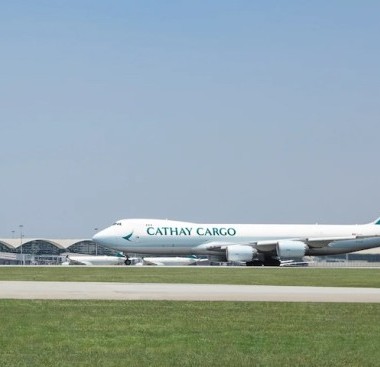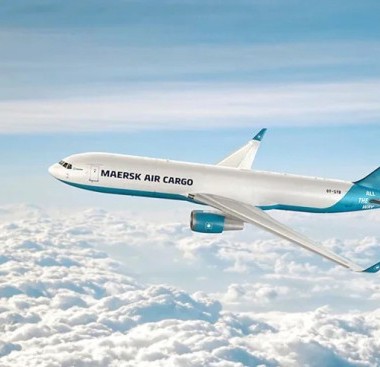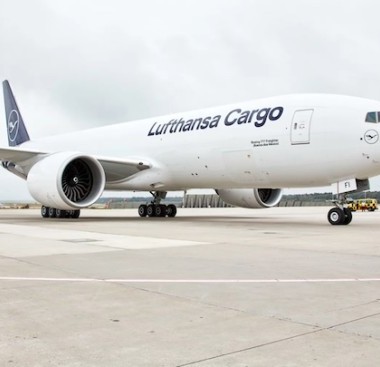Canadian trucking chief addresses trade
Nov 14, 1999Clogged highways & border crossings will strangle Ontario trade
"Unless Ontario and the federal government agree on a joint strategic plan and funding mechanism to upgrade the province's highways and border crossings, Ontario-US trade, which accounts for about 40% of the provincial gross domestic product (GDP), will be slowly strangled," says David Bradley, president of the Ontario Trucking Association.
Bradley spoke last week to Canadian and US business and government leaders at the Trade Corridors Conference in Niagara Falls. Other speakers at the conference included federal transport minister, David Collenette.
"Canada does not have a large enough population and economy to generate enough wealth internally in order to sustain and improve the standard of living for its citizens. We must trade and over 90% of Ontario's exports go to the United States. Moreover, because most of what Ontario produces and exports is high value added manufactured goods requiring Just-In-Time deliveries, trucks haul over 80% of that trade," says Bradley.
According to Bradley, under the North American Free Trade Agreement (NAFTA), trade between Canada and the US has sky rocketed in recent years and is expected to double again in the next three to five years. He says there are now 11 million trucks crossing the Canada-US border - that's one every 3 seconds, 365 days a year and that the major Ontario border crossings in Windsor, Fort Erie and Sarnia account for over 60% of all Canadian trade.
"Ontario sits on the cusp of one of the largest markets in the world. We are literally one day's truck drive to all centers of the US industrial heartland. However, Canada is the only major industrialized country in the entire world that does not have a National Highway Policy. Combined, the governments of Canada take $8 billion more out of the Canadian road user in fuel taxes than they collectively put back into the highways system. The federal government alone takes $4 billion out of the pockets of the road users, and puts next to nothing back in, whereas the US federal government is investing over C$300 billion in its infrastructure over the next six or seven years."
"NAFTA is basically an unfunded policy. Canada's manufacturers, exporters and importers are doing their job. Canada's truckers are doing their job. Together we are moving trade work for Canada. But, our governments are not doing their part to ensure that the country has the infrastructure needed to support that trade." He calls upon both levels of government to set aside "their petty political squabbles that are of no interest to Canadians" and develop a strategic, well-funded national highway policy.
Similar Stories
EU opens investigation into China’s medical device procurement
The European Union launched an investigation into China’s medical device procurement, as the bloc seeks to address concerns that Beijing’s policies unfairly favor domestic suppliers.
View Article
China’s prices are just too low for buyers to sweat about tariffs
View ArticleBrazil joins protectionist wave in face of cheap steel imports
Brazil is stepping up protections for its steelmakers amid an influx of cheap imports led by China, by imposing an import quota system on 11 types of alloy products.
View ArticleFortescue iron ore exports take hit from derailment, weather
Fortescue Ltd., the world’s fourth-biggest iron ore miner, said it expects full-year shipments of the steelmaking material to be at the lower end of its guidance after disruptions at its…
View ArticleNew Zealand first-quarter imports fall amid sluggish economy
New Zealand imports fell to the lowest since mid-2021 in the first quarter as a weak economy stems demand from consumers and businesses.
View Article
China’s cheap EVs redraw the map of where cars get made
View ArticleGet the most up-to-date trending news!
SubscribeIndustry updates and weekly newsletter direct to your inbox!





